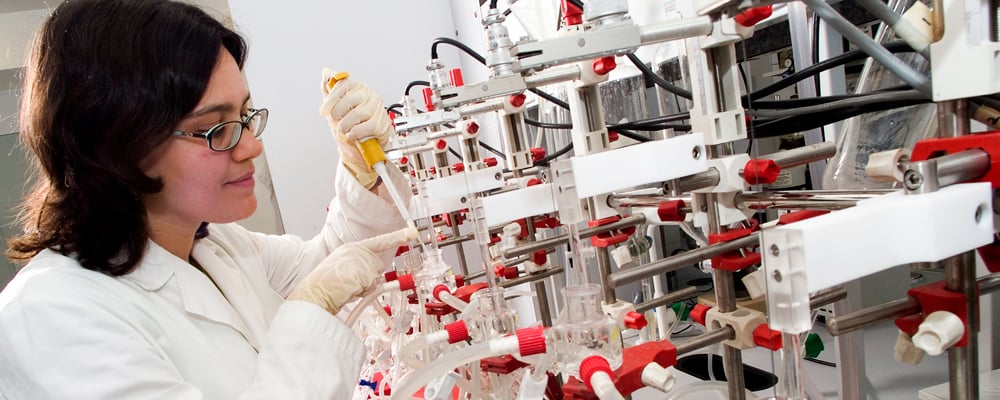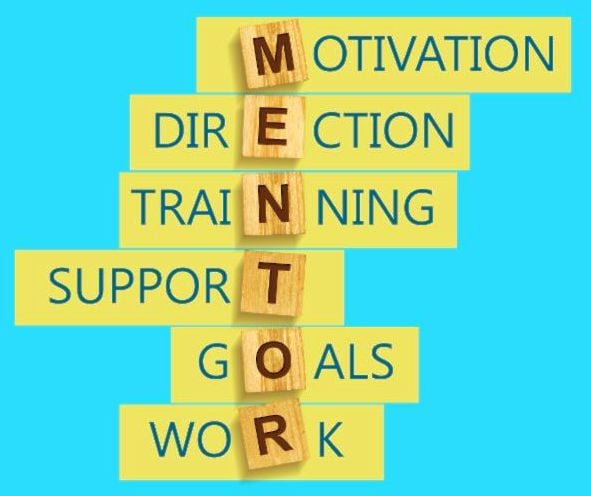cBCD Weekly Highlights Newsletter
March 16, 2023
March 9, 2023
March 2, 2023
February 16, 2023
February 9, 2023
February 2, 2023
January 25, 2023
January 19, 2023
January 11, 2023
January 4, 2023
December 14, 2022
December 9, 2022
November 30, 2022
November 17, 2022
November 11, 2022
November 2, 2022
October 27, 2022
October 19, 2022
October 12, 2022
October 6, 2022
September 28, 2022
September 22, 2022
September 16, 2022
September 7, 2022
August 31, 2022
August 25, 2022
August 18, 2022
August 10, 2022
August 3, 2022
July 27, 2022
July 13, 2022
June 30, 2022
June 23, 2022
June 15, 2022
June 8, 2022
June 1, 2022
May 25, 2022
May 18, 2022
May 12, 2022
May 5, 2022
April 28, 2022
April 13, 2022
April 7, 2022
March 31, 2022
March 23, 2022
March 16, 2022
March 9, 2022
March 2, 2022
February 23, 2022
February 16, 2022
February 10, 2022
February 2, 2022
January 26, 2022
January 20, 2022
January 12, 2022
January 5, 2022
December 15, 2021
December 8, 2021
December 1, 2021
November 17, 2021
November 10, 2021
November 3, 2021
October 27, 2021
October 20, 2021
October 13, 2021
October 6, 2021
September 29, 2021
September 22, 2021
September 15, 2021
September 8, 2021
September 1, 2021
August 25, 2021
August 18, 2021
August 11, 2021
August 4, 2021
July 29, 2021
The elevator pitch
Whether you are networking at a conference, interviewing for a job, or simply chatting with strangers about your research, it is important to be able to communicate your scientific and professional background clearly and confidently. The elevator pitch, a brief summary of who you are and what you’re interested in, isn’t something that comes naturally to many of us--we need to practice it. Check out the resources below to learn how to develop your personal elevator pitch and communicate your value in a memorable way.
- Elevator Pitches for Scientists: What, When, Where and How (Vanderbilt University)
- How to Perfect Your Elevator Pitch (Cell Press)

July 21, 2021
Crafting effective cover letters
How do I even start writing a cover letter?” A common question for job seekers from all areas. A cover letter is a document that should complement your resume/CV and other application materials and should clearly highlight your qualifications for the specific position you are applying for. Cover letters can take different formats or lengths, depending on your target audience. Check out the articles below for advice and examples to craft a winning cover letter.
- Uncovering the Secrets of the Cover Letter (Carpe Careers)
- Job applications: Under the covers (Nature
- Sample Cover Letters for Industry Positions | Tip Sheet: Designing a Cover Letter for a Faculty Position (UCSF)

July 15, 2021
Negotiating your next job offer
Whether you are on the faculty or postdoc job market or seeking positions outside of academia, it is important to familiarize yourself with the basics of negotiating before you begin the interviewing process. Negotiation can be an intimidating step when you have limited first-hand experience, but it is a critical opportunity to advocate for your professional and personal needs in the context of the value you bring to an employer. Check out the resources below to learn strategies and prepare for your next negotiation.
- Why and how you should negotiate part of your job offer (Carpe Careers)
- Ten tips for negotiating job offers (Science Careers)
- Negotiating for a faculty position (UCSF)

July 7, 2021
The importance of self-reflection for scientists
In this rapidly changing world, it can feel like many aspects of our career may be out of our control. This can be felt most acutely when we are considering our career options and potential next steps. In order to best take on this ever-changing world of work, scientists should frequently take a step back to assess their skills, interests, and values to ensure that they are in alignment with their career goals.
- The Need for Self-Knowledge in a Changing World of Work (Carpe Careers)
- Making Sense of Your Self-Assessment (Science Careers)

June 30, 2021
Preparing for STEM Teaching Careers
For trainees interested in teaching careers, it is critical to gain pedagogical training and experience throughout your time as a graduate student or postdoc. Furthermore, it is important to understand how to develop teaching strategies to build an inclusive learning environment for all of your students. Check out the resources below to learn more about growing your teaching skills while a graduate student or postdoc.
- Career Pathways in Science Education (UMass Chan cBCD)
- Inclusive Teaching Resources for STEM (University of Michigan)

June 16, 2021
The Ins and Outs of Mentoring
Whether you are trying to nurture your relationship with your advisor or be a leader and ally to more junior lab members, mentorship is a central component of your training experience as a graduate student or postdoc. Thinking about the active role you can take as both a mentor and mentee within your research group will enable you to make the most of your professional relationships.
June 9, 2021
Networking: where to begin?
You’ve likely learned that a key to success in a wide array of careers is a strong professional network. Even if you understand the value of networking, it can be challenging to know where or how to begin. The good news? It’s best to start small. Engage with the people and groups you already know to begin expanding your professional network.
- What’s holding you back? (Carpe Careers)
- 7 Networking Tips for Graduate Students (Northeastern University)
- How I cultivated connections outside academia—and landed a job (Science Careers)

June 3, 2021
Making the most of summer
Summers can be an incredibly productive time for academic researchers. With fewer classes and seminars breaking up our days, more time can be spent in the lab moving projects forward or diving into writing your next manuscript. Given this change in schedule, summer is also an excellent time to get ahead on your short- and long-term career goals! Check out the articles below for advice on how to make the most of your summer as an academic researcher.
- The Ph.D.'s Guide to Summer (Carpe Careers)
- Beating the Summer Writing Blues (Inside Higher Ed)
May 26, 2021
Hone your interview skills
Preparing for an upcoming interview? Whether you are a graduate student seeking a postdoc position, a postdoc looking for a faculty position, or a scholar interested in transitioning to a non-academic career, developing your interviewing skills will be essential to land your next position.
- Put Your Best Foot Forward: Tips for the Postdoc Interview and Choosing a Lab (ASCB)
- Interviewing for a Faculty Position | Interviewing for Jobs Outside Academia (UCSF)
- Why Interviewing Your Interviewers Matters (Carpe Careers)

May 19, 2021
Launching your industry job search
Throughout a PhD or postdoc, it is common for biomedical scientists to explore and consider research careers in an industry setting. If you have decided that an industry career seems like a good fit for your skills, interests, and values, the next step is to prepare for your industry job search. See below for a written guide on transitioning from academia to industry, and take a deeper dive into the industry job search and hiring process with a video series on the topic.
- How to sail smoothly from academia to industry (Nature Careers Column)
- Job Hunting in Industry: Searching, Applying, Interviewing, and Negotiating for a Scientist Position in Biotech and Pharma (iBiology)

May 12, 2021
Science Communication: More important than ever
The ability to explain your research to fellow scientists and non-scientists is a skill that takes practice, but it is essential for your individual research progress, your career progress, and the progress of your scientific field. Read two perspectives on how to approach communicating science to a broader audience.
- What we’ve learned from communicating our science during the pandemic (Science Careers)
- Career advantages of sharing your research with a broad audience beyond academe (Carpe Careers)

May 5, 2021
Spring cleaning for your resume and CV
No matter the stage in your career, spring is a great time to look back on all you have accomplished in the last year and make sure that your resume and/or academic CV reflect these accomplishments. Check out the resources below for polishing your CV and resume.

April 28, 2021
Mentors matter
|
April 21, 2021
Grow your scientific and professional network
|
April 14, 2021
Jumpstart your career exploration
The cBCD’s Weekly Highlights Newsletter returns this week! The newsletter highlights resources, upcoming events, opportunities to grow your skills, and job postings to enhance the career development of Morningside Graduate School of Biomedical Sciences students and postdocs.
To celebrate the start of Career Pathways Communities, this newsletter’s Resource Highlights focuses on career exploration. Visit our website to learn about the diversity of opportunities to leverage your training for fulfilling scientific careers. Check out this article from Inside Higher Ed, framing career exploration as a set of experiments.

Sign-up to receive the cBCD Weekly Highlights newsletter!
If you would like to receive the cBCD Weekly Highlights newsletter, submit your contact information here.




